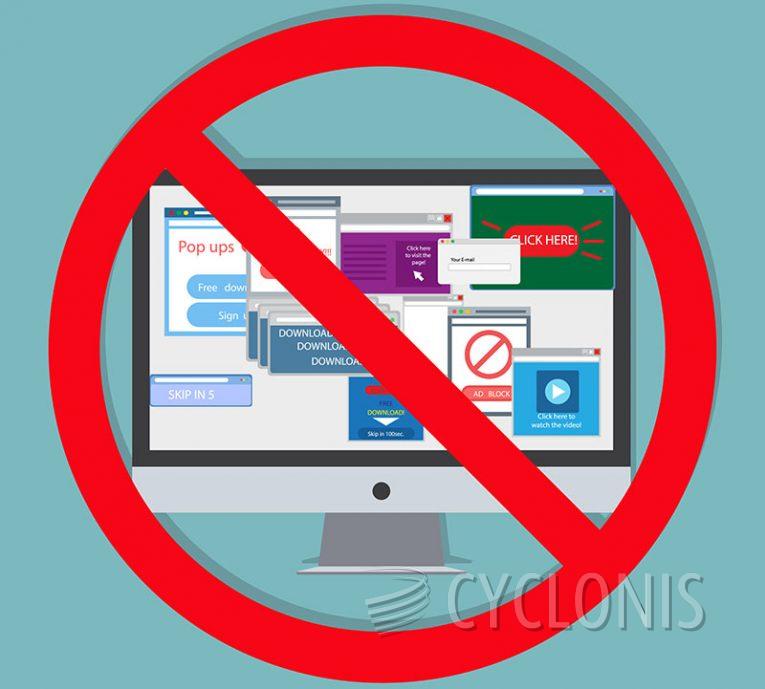Bestwiladsblog.top Misleading Website

During our examination of the website, we saw it uses misleading methods to pressure visitors into allowing its notifications. It is recommended that users avoid sites like bestwiladsblog.top and refrain from granting them notification permissions.
Bestwiladsblog.top prompts visitors to click the "Allow" button under the guise of verifying their human identity, implying it's necessary to pass a CAPTCHA to access its content. However, this action grants bestwiladsblog.top permission to send notifications. Additionally, the site provides instructions on managing notification permissions.
We found that notifications from bestwiladsblog.top may masquerade as fake system alerts, falsely claiming that a computer is at risk and urging immediate action to remove supposed viruses.
If users are deceived by these fake alerts, they may be tricked into downloading malicious software or clicking on harmful links disguised as antivirus tools or security updates. This could result in malware being installed on their devices, compromising sensitive information and giving cybercriminals unauthorized access to their systems.
Moreover, users who fall prey to these tactics may unknowingly disclose personal or financial information in response to the false alarms, believing they are taking necessary steps to safeguard their devices. This puts them at risk of identity theft, fraud, and financial harm, as their sensitive data could be harvested by cybercriminals for illicit purposes.
Furthermore, users who interact with these notifications may become ensnared in a cycle of persistent pop-ups and redirects, as clicking on one deceptive notification often leads to more intrusive ads or scams. This can create a frustrating and disruptive browsing experience.
How Can Misleading Websites Trigger Further Bad Redirects?
Misleading websites can trigger further bad redirects through various methods:
Malicious Scripts: Misleading websites often contain malicious scripts that automatically redirect visitors to other harmful websites without their consent. These scripts exploit vulnerabilities in web browsers or plugins to initiate the redirection process.
Clickjacking: Clickjacking is a technique used by misleading websites to trick visitors into clicking on hidden or disguised elements, such as buttons or links, which trigger unwanted redirects. This technique overlays deceptive elements on top of legitimate content to conceal the true destination of the click.
Phishing Attacks: Misleading websites may employ phishing techniques to deceive visitors into clicking on links that appear legitimate but actually redirect them to fraudulent websites designed to steal sensitive information, such as login credentials or financial data.
Adware and Malvertising: Some misleading websites serve malicious advertisements, or malvertising, which can redirect visitors to other websites hosting malware or phishing scams. These advertisements may appear legitimate but contain hidden code that initiates the redirection process.
Exploit Kits: Misleading websites may also host exploit kits, which are tools used by cybercriminals to exploit vulnerabilities in visitors' web browsers or plugins. If a visitor's browser is vulnerable, the exploit kit can silently redirect them to malicious websites or download malware onto their device.
Social Engineering Tactics: Misleading websites may employ social engineering tactics to manipulate visitors into clicking on links or buttons that initiate unwanted redirects. This could include deceptive language or fake alerts designed to create a sense of urgency or fear to compel visitors to take action.








